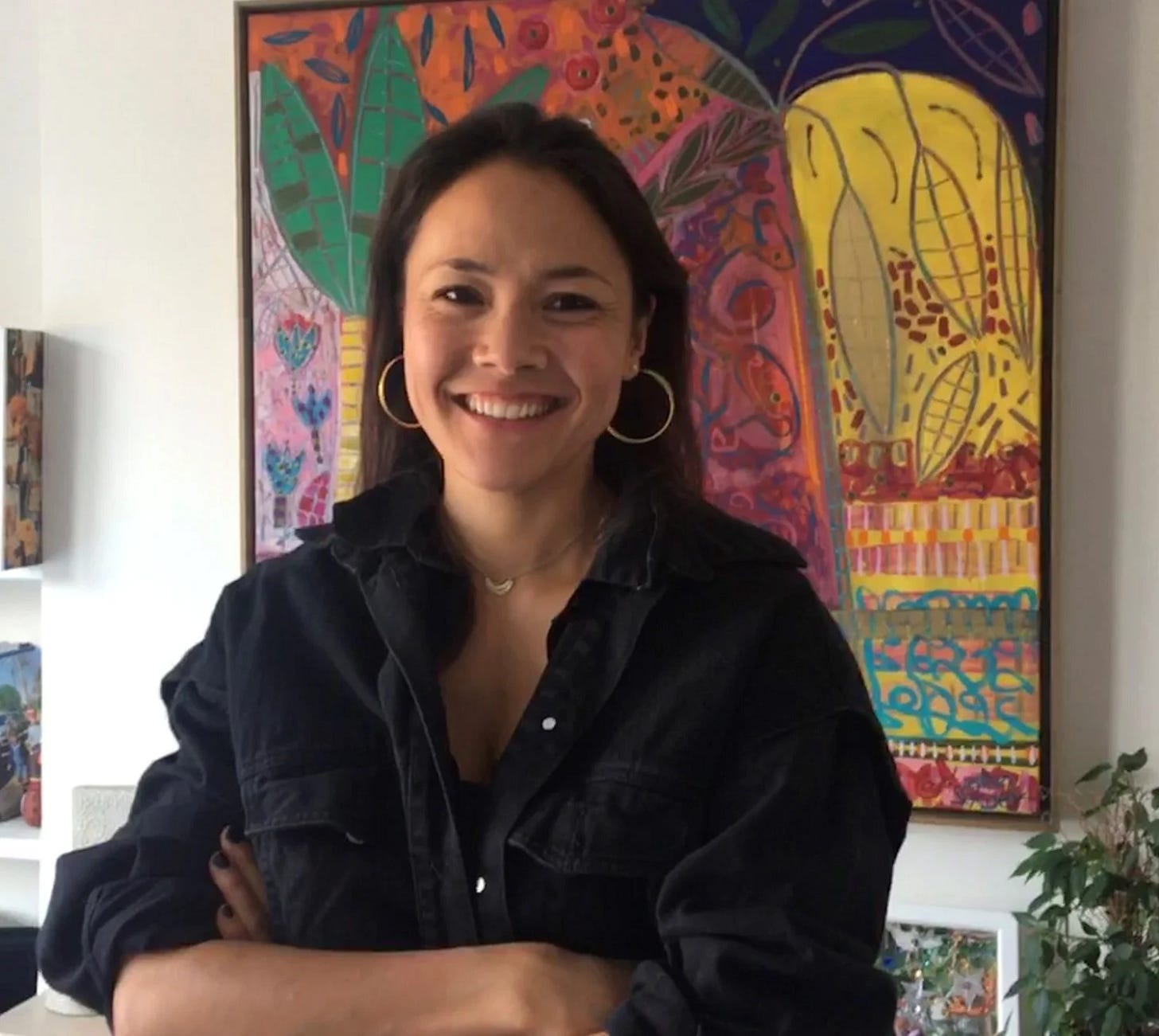Emily Itami: “I don’t know how else to be – I cannot exist any other way”
The author on being one of the crowd, interrogating mixed identity and language as the root of thought
Hi, welcome back to Mixed Messages! This week’s guest is Emily Itami, who is of mixed-Japanese and white English heritage. Emily is the author of 2021’s Fault Lines, was shortlisted for the Costa First Novel Award 2021, while her second book, Kakigori Summer, was released in June. The book follows sisters Rei, Kiki and Ai, whose lives took very differen…


